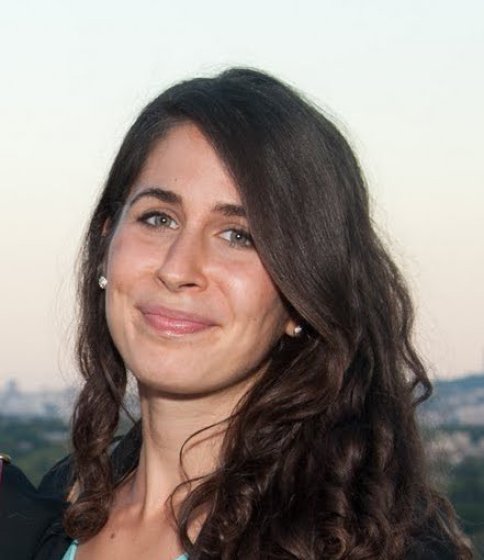
Noémie Sportiche
Harvard University
Noémie Sportiche is a PhD candidate in Health Policy at Harvard University, where she studies interactions between urban policies, urban development, and health. Her research, which applies rigorous econometric and statistical methods to the impact of complex housing-related issues on health and social mobility, is heavily interdisciplinary and draws on literature from sociology, epidemiology, economics, medicine, and public policy. Her work is also rooted in 4 years of experience as an urban planner, where she worked directly on the implementation Massachusetts Chapter 40B. Noémie has also earned degrees in cognitive science and public health, which she brings to the research team alongside her training in econometric methods, connections with policymakers across Massachusetts, and on-the-ground experience working with Massachusetts residents and community organizations.
-
Despite substantial government investment aimed at reducing health disparities, large differences in health persist across geographic and racial lines in the United States. One prominent theory is that these health disparities are driven in part by disparities in the neighborhood environments where people live.
February 26, 2024
|P4A Spark
| -
Fair share housing policies offer a mechanism for reducing racial disparities in access to high opportunity areas. Since the 1960s, a number of U.S. states have implemented fair share policies, yet little research has evaluated the impact of fair share on equity or on the wellbeing of program beneficiaries. The current project addresses this gap by investigating the impact on wellbeing of the longest-running fair share program in the United States: Massachusetts Chapter 40B. Specifically, the research team will use a mixed-methods approach to evaluate the impacts of 40B on racial equity in housing stability, access to opportunity, and health outcomes for program participants. The fact that 40B’s affordable housing units are allocated using a random lottery process will allow the research team to rigorously examine the causal impact of the program on beneficiaries’ outcomes.
January 14, 2021
|